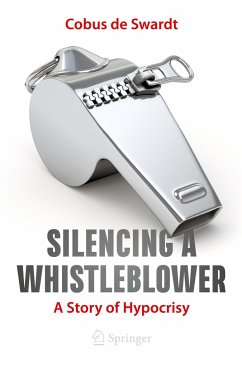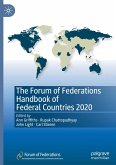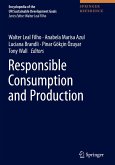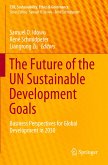This book examines how insufficient policies can lead to the alleged abuse of power in organisations. When independent ethical structures and processes are missing or weak, practices of abuse, misconduct and cover-ups can easily arise at the leadership level. Even organisations that specialise in good governance are no exception, as illustrated by this case study on arguably the world's most influential anti-corruption NGO, Transparency International (TI).
Written by the former Managing Director of Transparency International, this book chronicles its ethical breakdown over a 5-year period starting in 2015. By comparing TI's whistleblower policies with its internal whistleblower practices, it demonstrates how the organisation gradually became trapped in a vicious cycle of secrecy, corruption and lies.
The author chronologically tracks TI's practices, drawing on 12 whistleblower complaints filed with TI since 2017, as well as communications with TI, international donor agencies, and other international civil society organisations from 2015 to 2020 to do so. The chronological format aptly reveals the snowball effect that ethical weaknesses can create over time, as well as the emotional warfare that whistleblowers are typically subjected to. The unfolding chronology also shows what it means to be a whistleblower for an organisation that avoids public transparency, reporting on and scrutiny of its own practices.
Written by the former Managing Director of Transparency International, this book chronicles its ethical breakdown over a 5-year period starting in 2015. By comparing TI's whistleblower policies with its internal whistleblower practices, it demonstrates how the organisation gradually became trapped in a vicious cycle of secrecy, corruption and lies.
The author chronologically tracks TI's practices, drawing on 12 whistleblower complaints filed with TI since 2017, as well as communications with TI, international donor agencies, and other international civil society organisations from 2015 to 2020 to do so. The chronological format aptly reveals the snowball effect that ethical weaknesses can create over time, as well as the emotional warfare that whistleblowers are typically subjected to. The unfolding chronology also shows what it means to be a whistleblower for an organisation that avoids public transparency, reporting on and scrutiny of its own practices.








